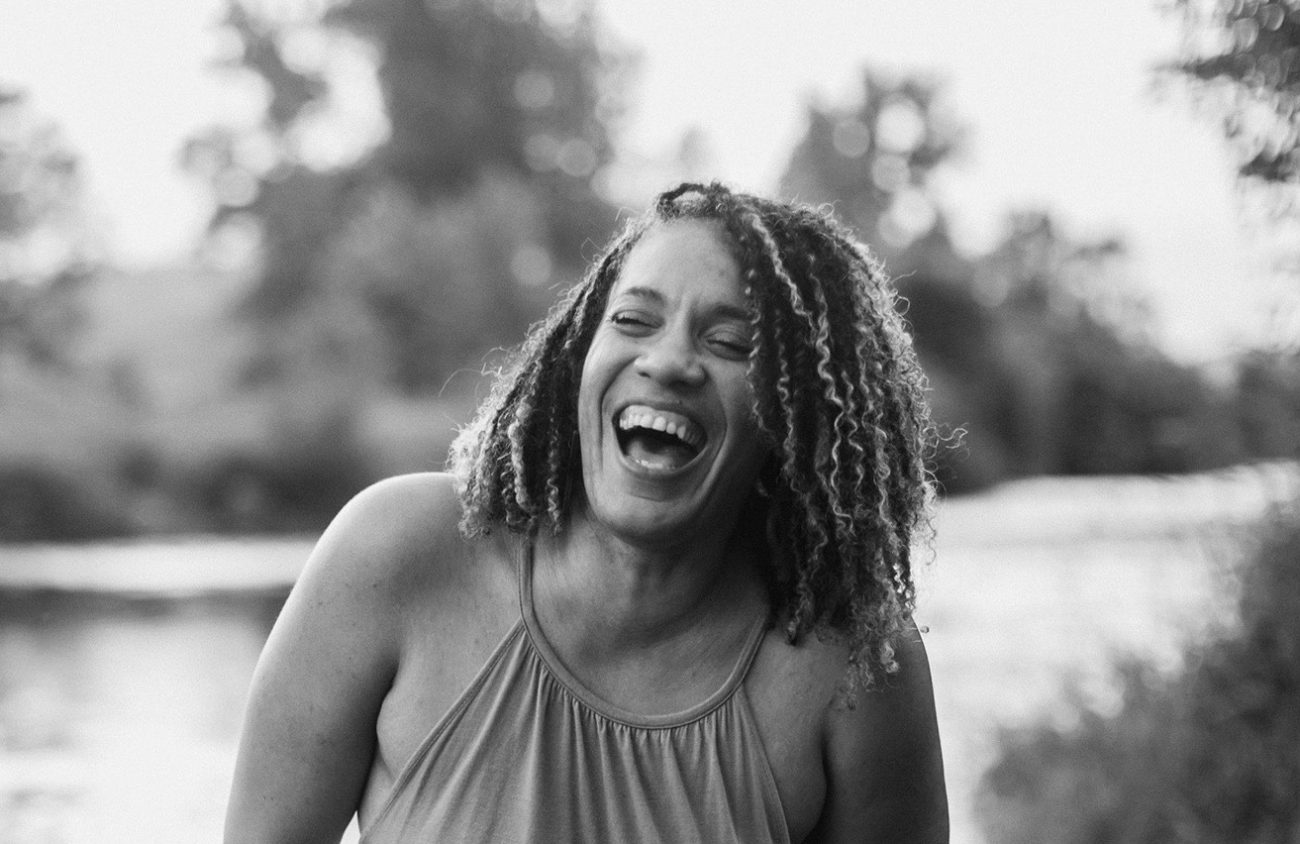There’s a special kind of gaslighting that happens in Eugene. There is literally nothing like it — to witness the contortions people go through to be liked so that they can say they were a part of something they didn’t truly understand. To plant a flag of ownership somehow, to provide a sort of validation through approval.
I guess a chance at witnessing glory is something most people could understand as exceptional, but the dissonance of the experience is mindblowing. It’s similar to seeing a level of artistry by Black and Brown people and forgetting the very energy that created its genius was a release — very often release of an experience, a way of life, or even trauma.
Excellence in the Black community is not unusual, but how white people consume it and disconnect it from the experience of the people creating it is a practiced dissonance. The trauma is living in comparison to the endless limitations of whiteness.
So it’s a special kind of gaslighting to then marvel at its genius when Black people decide to show up and show out. It dismisses the experience, and recklessly diminishes the brilliance. Not because it isn’t there, but because whiteness is conditioned to control it, naturally devaluing it.
Yet, somehow Black folx keep trying to be understood.
It is refreshing to witness an emerging sense of wellness outside the definition that whiteness has labeled us with. And then, again, the gaslighting persists.
Anything outside that label requires an explanation, an exception, and it must be a gift.
What if it was just the natural ability of unbridled Blackness?
Do white folx realize how much Black people hold back in order to remain in the room? White folx truly believe that the experience of this space is aligned to theirs because we share it. This is what white privilege has done — create a deep misunderstanding of the capacity for a human experience.
I can’t share my disgust. I’d be immortalized as negative, always looking at the negative side of things. Again, a special kind of gaslighting.
My life is, in fact, positive. My life is full of joy. I’m a survivor, I’m a thriver, my family is healthy, we are spiritually healing, we are connected, I am grateful and forgiving. If I speak my most authentic truth, it is somehow courageous. Makes me wonder, are Black folx shooting ourselves in the foot by accepting this rhetoric?
My choice to speak is only written off as courageous by those who not only recognize, but accept my oppression. I do not accept it. I am not brave for living, I am certain of my purpose to live. I do not need condescending support lined with gaslit expectations.
There is no question of my value; only in the eyes that view me as a commodity. If there is a question of my purpose, it is only in the reflection of a narrow-minded perspective that leads to the belief that anyone’s purpose requires approval. Advice from a white, obtuse and self-proclaimed ally is to “connect to your values and vision and set meaningful goals for yourself, take control, lead from your cultural lens to make a difference for the greater good.”
Is this advice you can use? While Black and Brown people spin their wheels here: Who is listening? The statement is our very existence. Truly, it is a special kind of gaslighting.
Ayisha Elliott’s podcast Black Girl From Eugene is raw and uncensored monologues and conversations about living while Black in the PNW. Listen locally at 11 am Sundays on FB Live; simulcast on KEPW 97.3 FM. Find it on all major podcasting platforms. You can support BGFE at Patreon.com/Blackgirlfromeugene_1.
